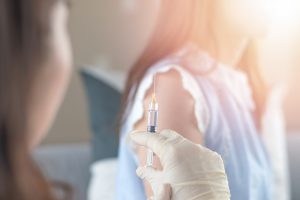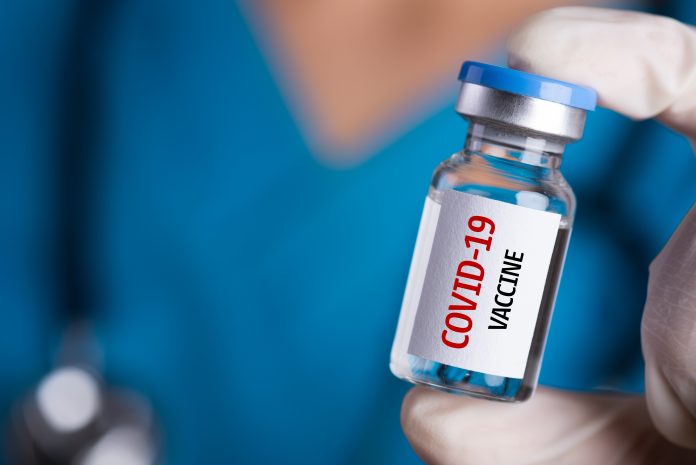The role that Australia’s primary health workforce will play in the rollout of the Covid-19 vaccines into regional, rural and remote communities will be pivotal to the success of the government’s vaccine strategy.

The National Rural Health Alliance (the Alliance) called on the government to ensure that vulnerable people in rural, regional and remote Australia are prioritised for vaccination after the approval of the Pfizer/BioNTech Covid-19 vaccine in Australia was announced.
“People in rural, regional and remote communities experience poorer health outcomes than those in major cities, which puts them in a higher risk category for serious health complications associated with Covid-19,” Alliance CEO Gabrielle O’Kane said in her statement.
“It is also much harder to access health services in country areas because we have the situation of persistent inadequate staffing and lack of availability to essential medical and health services in rural, regional and remote areas of Australia,” she said.
This week, Health Minister, Greg Hunt, said that “access to vaccines approved for use in Australia by the TGA has been prioritised, ensuring those at greatest risk are vaccinated first”.
“We already have several agreements for the supply of approximately 140 million doses of Covid-19 vaccines.
“We are working hard to ensure site readiness, including specific handling requirements and sufficient cold chain capacity in locations that will be handling frozen vaccines.
“This includes undertaking detailed implementation planning with peak bodies, jurisdictions and vaccination providers to ensure access to doses and to minimise wastage,” said Minister Hunt.
The government is also working with Aboriginal Community Controlled Health Services, General Practices, state and territory governments, Primary Health Networks, General Practitioner-led Respiratory Clinics and community pharmacies, to ensure that Australians living in regional, rural and remote locations have access to a vaccination if they choose to.
To strengthen the rollout delivery across Australia, both GPs and pharmacies have been invited to join the nation-wide effort to administer the Covid-19 vaccine, potentially integrating more than 2,000 vaccine sites across Australia.
GPs will join the rollout from phase 1B, with pharmacies to begin vaccine distribution from phase 2A.
Pfizer and AstraZeneca, as well as logistics providers DHL and Linfox, have also been extensively involved in the process.
Rural Health Minister, Mark Coulton says Australia’s world class primary health workforce would be critical to the success of the Covid-19 vaccine rollout across the nation.
“The rural health workforce – including doctors, nurses, midwives, pharmacists and allied health professionals – have continually risen to the challenges of Covid-19 over the past year and will play a pivotal role in support the rollout of vaccines across regional Australia,” Mr Coulton said.
“I have held regular discussions with rural health stakeholders to ensure the impacts of Covid-19 are specifically considered in a rural context. The sector have provided valuable insights and considerations to the vaccine rollout and distribution across regional Australia.
“Our comprehensive response to the pandemic, including the establishment of GP Respiratory Clinics, developing a remote retrieval strategy and extending telehealth to protect regional Australians have been extremely successful in containing the virus.
“While cases of the virus have remained low in rural areas, the rollout of the vaccine is the next key aspect of our plan to keep our communities safe.”
Minister for Indigenous Australian, Ken Wyatt says the rollout of the vaccine program to Aboriginal and Torres Strait Islander people throughout Australia, particularly in remote communities, would be a sizeable undertaking.
“For this reason, we will continue to listen to the advice and expertise of the Aboriginal and Torres Strait Islander Advisory Group on Covid-19, which has informed all aspects of the Covid-19 response since early March 2020,” Mr Wyatt said.
“The Australian Technical Advisory Group on Immunisation acknowledges that Aboriginal and Torres Strait Islander people have an increased risk of acquiring and developing serious outcomes from communicable diseases due to multiple factors, including social determinants of health.”








